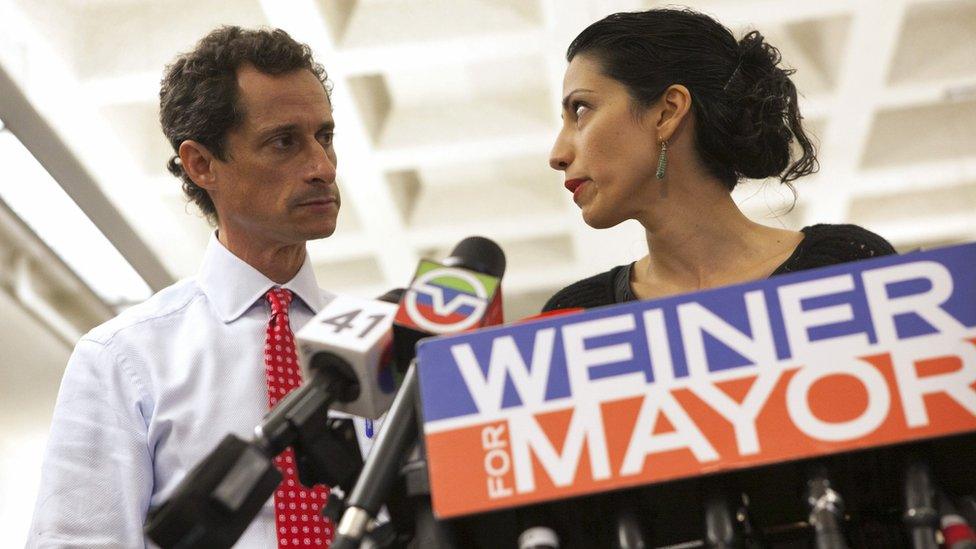WikiLeaks email hack shows Clinton aides infighting
- Published
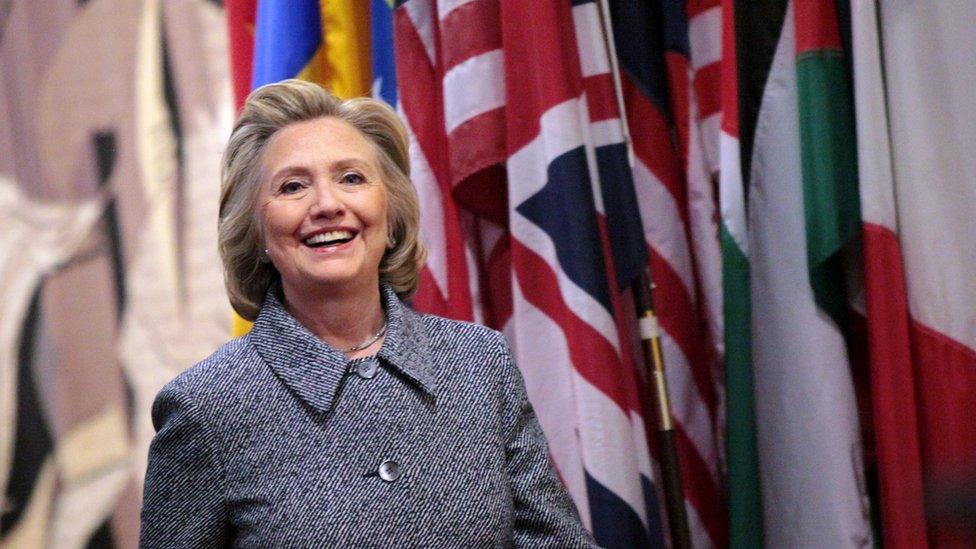
Hillary Clinton, speaking in New York last year about her emails, is under intense scrutiny
New documents posted online by WikiLeaks show the dynamics of Hillary Clinton's inner circle - and how they really feel.
They were brutal and condescending - and that was with each other.
Emails from the account of John Podesta, Mrs Clinton's campaign chairman, reveal what it's like to work on her staff. He said Russians hacked his email account - and sounded furious about it.
Critics have welcomed the disclosures - and said not enough people are paying attention to them.
"Very little pick-up by the dishonest media of incredible information provided by WikiLeaks," Donald Trump tweeted. "So dishonest! Rigged system!"
He's right about one thing: the disclosures are fascinating.
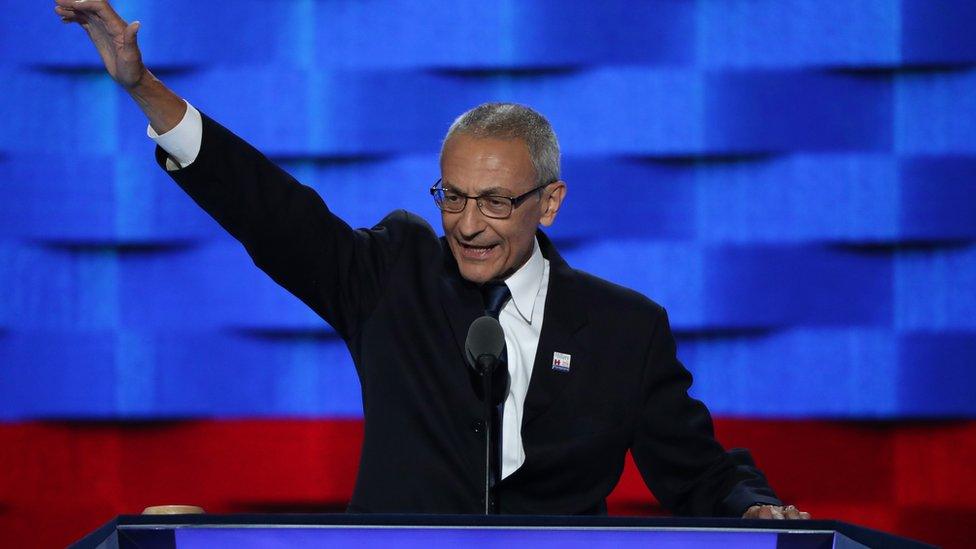
Emails from John Podesta, shown at the Democratic convention in July, were hacked
There's no smoking gun, but the exchanges do lift the lid on the secret lives of aides and advisers, and reveal what campaigns are really like.
The Clinton campaign - and staff - have been notoriously opaque.
They've allowed only a small number of people into their inner circle, and they've guarded zealously against leaks and disclosures of information.
As a result, very few people know the mechanics of the inner circle - how decisions are made and what kind of manager Mrs Clinton is.
The revelations in the emails were obtained illegally, but they've offered an insight into the campaign's methods - and how its staff may be managed if she wins next month's election.
Campaigns, as the emails show, are a nasty business.
In one (of many) examples of office politics, some of which were just released and others that have surfaced during recent searches, one adviser, Cheryl Mills, jokes around with another, Jake Sullivan, about a former colleague, Anne-Marie Slaughter, who wrote a lot of emails, external.
Neither Ms Mills nor Mr Sullivan seemed to appreciate Ms Slaughter's notes, or the way she lavished Mrs Clinton with praise.
In May 2015, Ms Slaughter described Clinton's work as a diplomat.
"You changed the frame," wrote Ms Slaughter, ccing Ms Mills, Mr Sullivan and other aides.
Ms Mills, who has worked for Mrs Clinton for years, reminds Mr Sullivan in a separate email that she has received a steady stream of these notes.
Mr Sullivan tells Ms Mills - emphatically - that he did not invite Ms Slaughter to his wedding. (Ms Mills had asked, sceptically, if he had.)
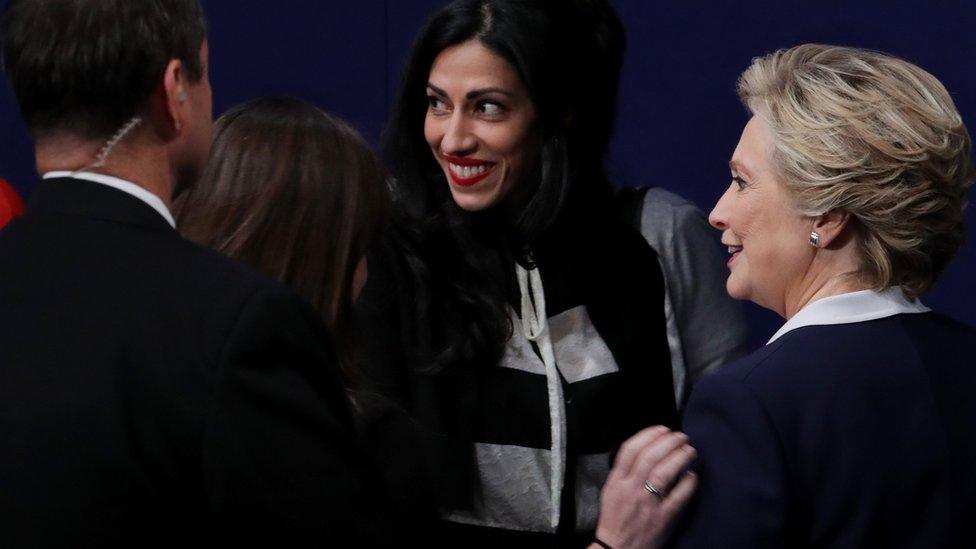
Hacked account exposes private notes from Huma Abedin, shown here with Mrs Clinton
A catty exchange, one they probably wish had remained private. But there's more.
In May 2015, Mr Podesta gossips, external about one of Mrs Clinton's old friends, Sidney Blumenthal.
Mr Podesta says Blumenthal lacks either "self awareness or self respect, adding to a colleague: "Will you promise to shoot me if I ever end up like that?"
In another exchange, external from November 2014, Philippe Reines, Mrs Clinton's veteran aide, writes about an issue familiar to anyone who has worked in an office: subject headings of emails that don't reflect its contents.
He says he's not willing to put up with such imprecise wording.
"I'm not living like this for the next two years," he writes.
In a November 2011 email exchange, external, Huma Abedin, one of Clinton's closest aides, has a fraught exchange with a Clinton Foundation executive about space allocation in a New York office.
In another email, Ms Abedin, reinforcing the insular nature of their circle, talked about the dangers of providing information to journalists.
"Can we survive not answering questions from press at message events," she wondered.
Mr Podesta said that avoiding journalists was a bad idea, describing it as suicidal.
Nerves get frayed in every workplace - and especially during a campaign.
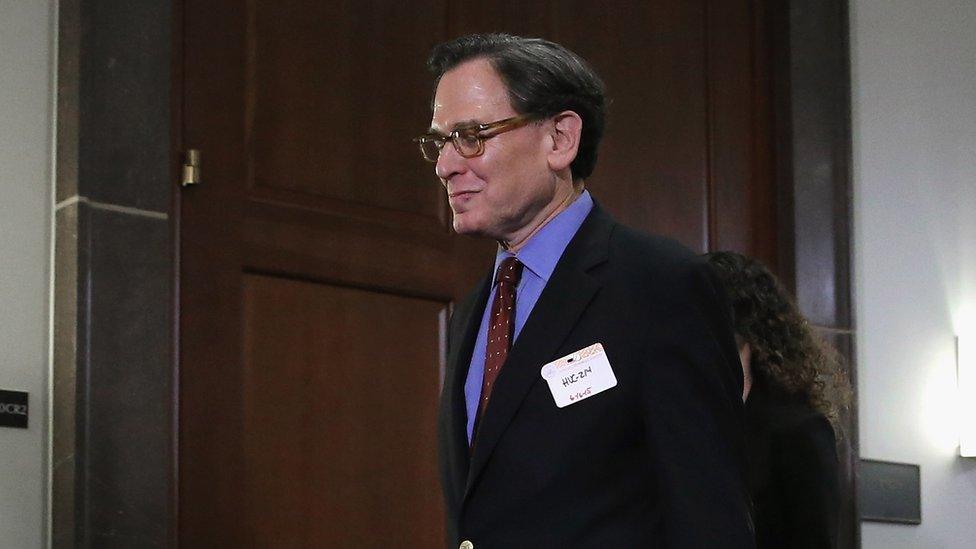
Mr Podesta tried to distance himself from Clinton's friend Sidney Blumenthal (pictured)
As a former campaign manager, Patti Solis Doyle, who worked on the 2008 campaign, explained, external, things can get dicey, especially for managers.
"Sometimes I am not very popular," she told me. (She was fired a couple of months later.)
Yet the emails also show how members of Clinton's inner circle resolve conflict.
In April 2015, her aides discussed, external at length a phrase she would use in a speech at a New Hampshire furniture store.
Mr Podesta thought she should say "everyday Americans".
He admitted, however, that she wasn't fond of the formulation.
He and a colleague ultimately decided the phrase should be part of the speech - despite their boss's hesitation.
He and other aides also obsessed over what people said about them - and tried to head off negative media coverage.
In an email , externalfrom January 2009, they discussed someone who'd apparently worked on Mrs Clinton's campaign - and had been arrested "for running a prostitution ring".
Whether navigating the politics of the inner circle or fending off potential attacks from the outside world, the aides and advisers spend much of their time managing relationships.
If nothing else, the emails show the extent to which staffers work to maintain a delicate power balance within the inner sanctum of Mrs Clinton's world - and try to build relationships with people outside this bubble.
In one email, external, Mr Podesta plans to attend a private dinner with David Miliband, a former British foreign secretary who had met Clinton years ago.
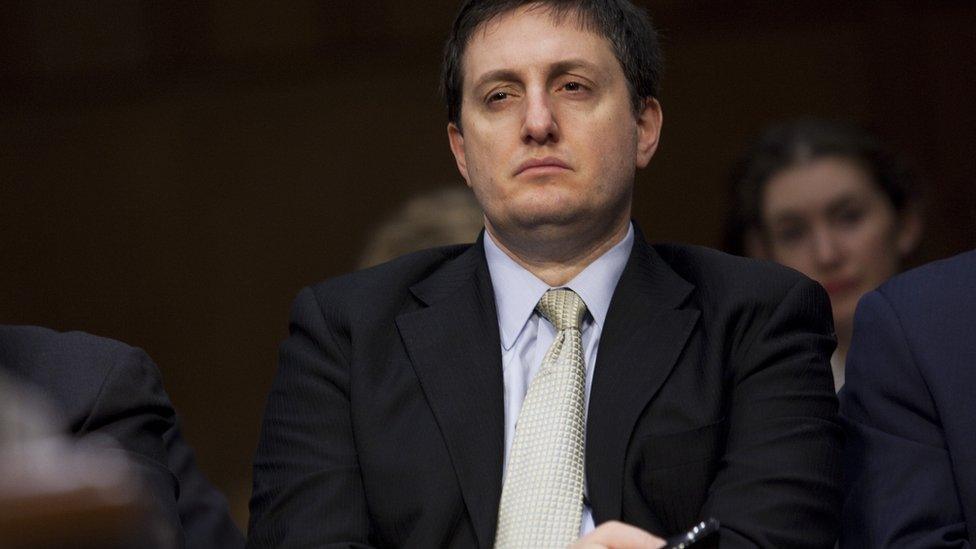
Testy Philippe Reines vents in his emails to Mr Podesta
In another, Claudio Bisogniero, the ambassador of Italy to the US, pressed, external Mr Podesta to meet an Italian official at the White House.
"This is really important for me," Mr Bisogniero wrote to Mr Podesta, adding: "I count on your personal friendship on this."
As the emails show, the ties that Mr Miliband and Mr Bisogniero, as well as other foreign officials, have with Clinton advisors run deep.
These relationships are likely to become even stronger if she's elected president.
The disclosure of the emails are an unwelcome distraction for Mr Podesta and the campaign staff.
They were also obtained by breaking into his account.
That's a crime.
But still, the emails shed light on important issues.
They are a window into a world that has been shrouded in secrecy.
They show how Mrs Clinton's aides and advisers get along - who matters to them, and who doesn't.
These relationships may help to define the next administration - and guide its policymaking and statecraft into the future.
Follow @Tara_Mckelvey on Twitter.
- Published12 October 2016
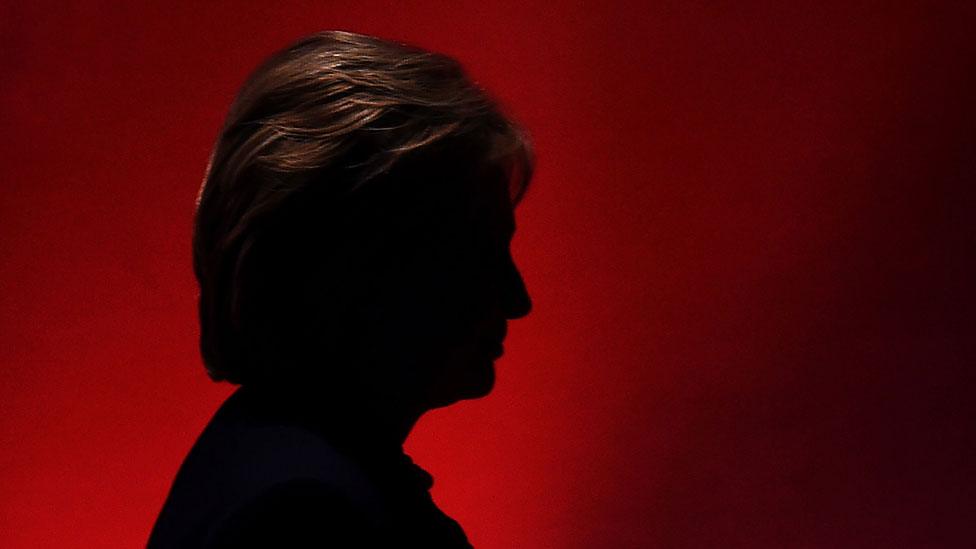
- Published2 September 2016
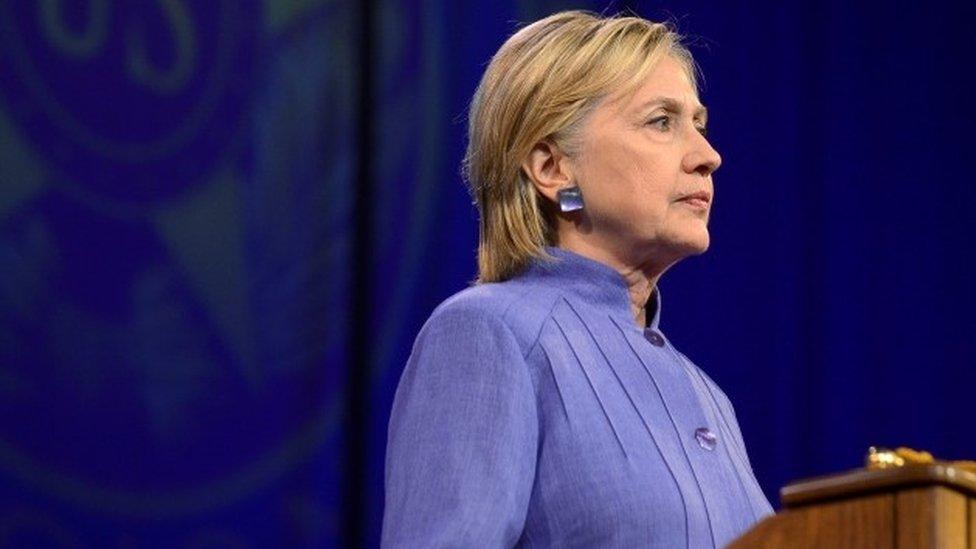
- Published29 August 2016
